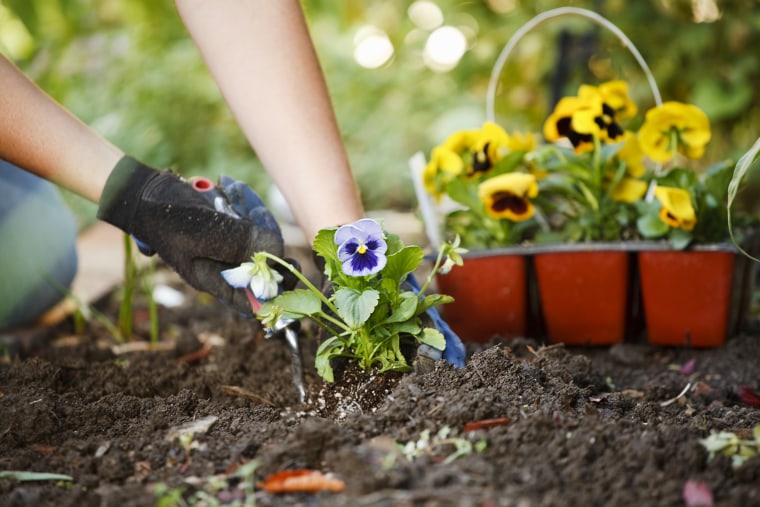During this unprecedented time, it’s natural to look around and realize that when it comes to sustainability forming new habits can add up to make a meaningful difference. Because we’re all spending so much time at home, perhaps you’re rethinking how you run your household or what food and products you buy. Maybe you’re planning to plant a garden or going for walks more often and appreciating your neighborhood and some early signs of spring.
Many of us are also driving less and only going out to run essential errands. Since we’re having more meals at home, we’re consuming fewer disposable food containers than we might ordinarily. While not all of our actions today are sustainable in the long term, many are and those behaviors can help change what we do for the planet now and in the future.
In honor of the 50th anniversary of Earth Day on April 22, here are a few ways you can truly make a difference (even while under quarantine) today — and year-round.
1. Conserve paper.
Try to conserve paper whenever possible. One simple idea:set your home, or office, printer to print two-sided. You’ll cut your usage by 50 percent.
Change your paper bills to online billing. You’ll not only save trees, but also the fuel and energy consumed to deliver your bills by planes, trains, and mail trucks.
Finally, when you do use paper, try to buy 100 percent post-consumer recycled paper
2. Reduce energy.
Turn off and unplug electronics and small appliances when not in use and don’t forget to power down your computers, screens, and printers at the end of each day.
Replace inefficient incandescent light bulbs with efficient LEDs or CFLs. Smart lights are LEDs, which use less energy than traditional bulbs do. Many are WiFi connected too so you can pair a smart light with a motion sensor and program it to turn off automatically after no motion is detected.
When you’re in the market for them, look to buy energy-efficient appliances and electronics. Newer models of air conditioners, refrigerators, and dishwashers offer substantial energy savings compared to older ones. You’ll save money in the long run too.

3. Clean green and save water.
Try to wash dishes or run your dishwasher (only when it’s full) late at night to save water and reduce your energy bill.
Wash clothes, too, when you have a full load of laundry. If you can, put up a clothes line and let them dry on their own.
4. Pass on single use plastics.
Please consider replacing single-use plastic water bottles with your favorite reusable water bottle. Also, try to get into the habit of bringing reusable bags to the store when you shop.
Consume reusable rather than disposable plastics, especially single-use plastics, like cups, bags, and straws.
5. Recycle and repurpose.
Donate your old clothes and home goods instead of just throwing them out. Also, please retire old electronics responsibly. Don’t let them end up in landfills. Instead, put them aside and wait for a local electronics recycling day.
Recycle anything you can including: paper, plastic, aluminum, and glass.
6. Garden green.
Choose drought-tolerant plants and/or native vegetation, and perennials instead of annuals. Also, use eco-friendly lawn bags when you clean up in the yard in the spring and fall.
Water your garden and lawn before 10 a.m. In addition, depending on where you live, try to avoid watering during the heat of the middle of the day, especially in the summertime.
Consider composting your food and yard waste. It reduces the amount of garbage sent to landfills and you can use it for fuel for your garden.
7. Stay active and engaged.
Look for ways to volunteer virtually in your community. Trust me, it feels great.
Consider creating a “green team” at your office, once the quarantine is over, or connect with your neighbors to find and share cost-effective ways to conserve resources and promote sustainability.
Try to reduce your carbon footprint. Walk more, bike more, and if you’re in the market, take a look at the growing options to buy either an electric or fuel-efficient, hybrid car. You can reduce your carbon footprint by one about pound for every mile you don’t drive.
Disclaimer: Comcast is the parent company of NBC Universal. Know Your Value is part of NBC News.
Susan Jin Davis is Chief Sustainability Officer and Vice President of Environmental Affairs at Comcast NBCUniversal.
